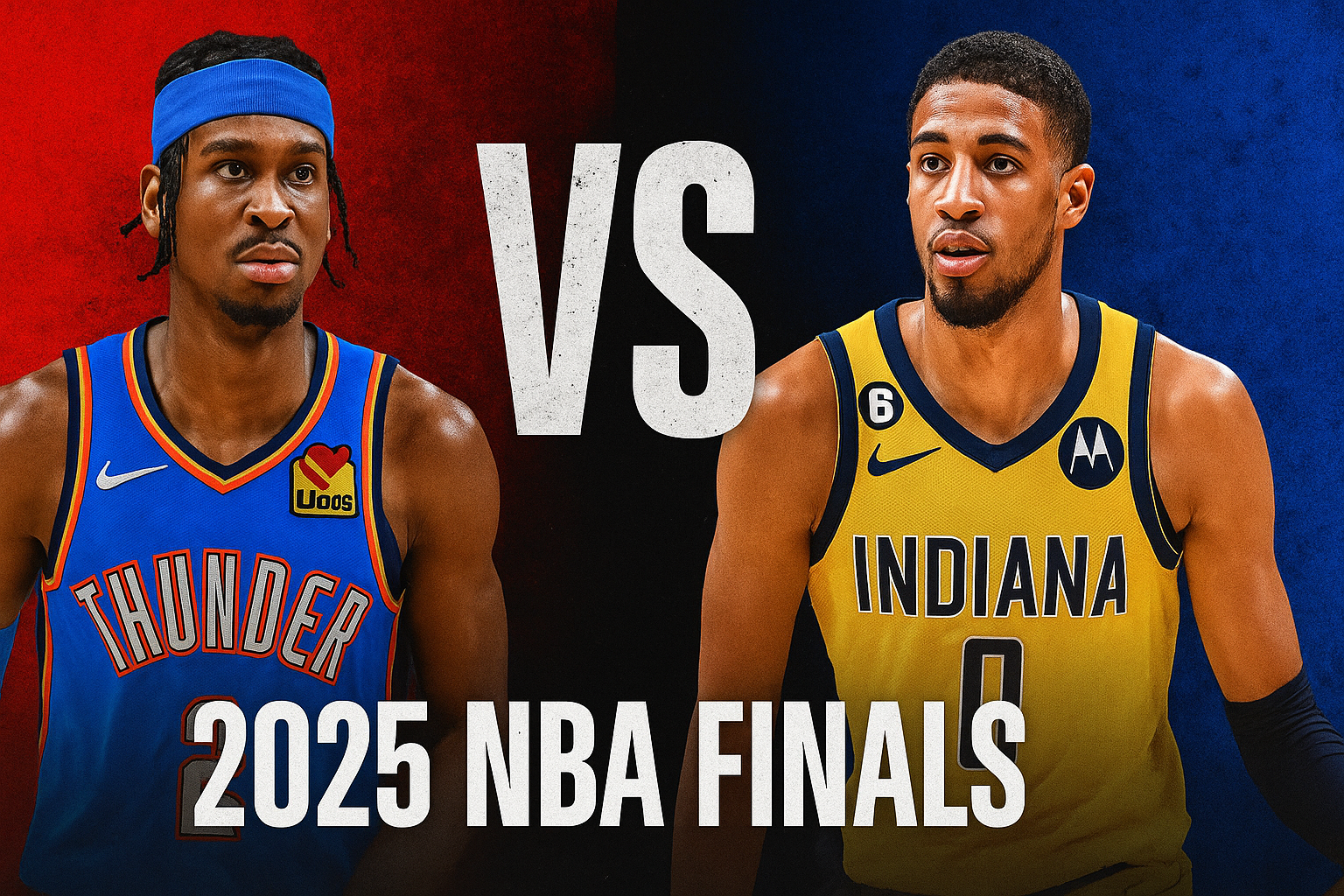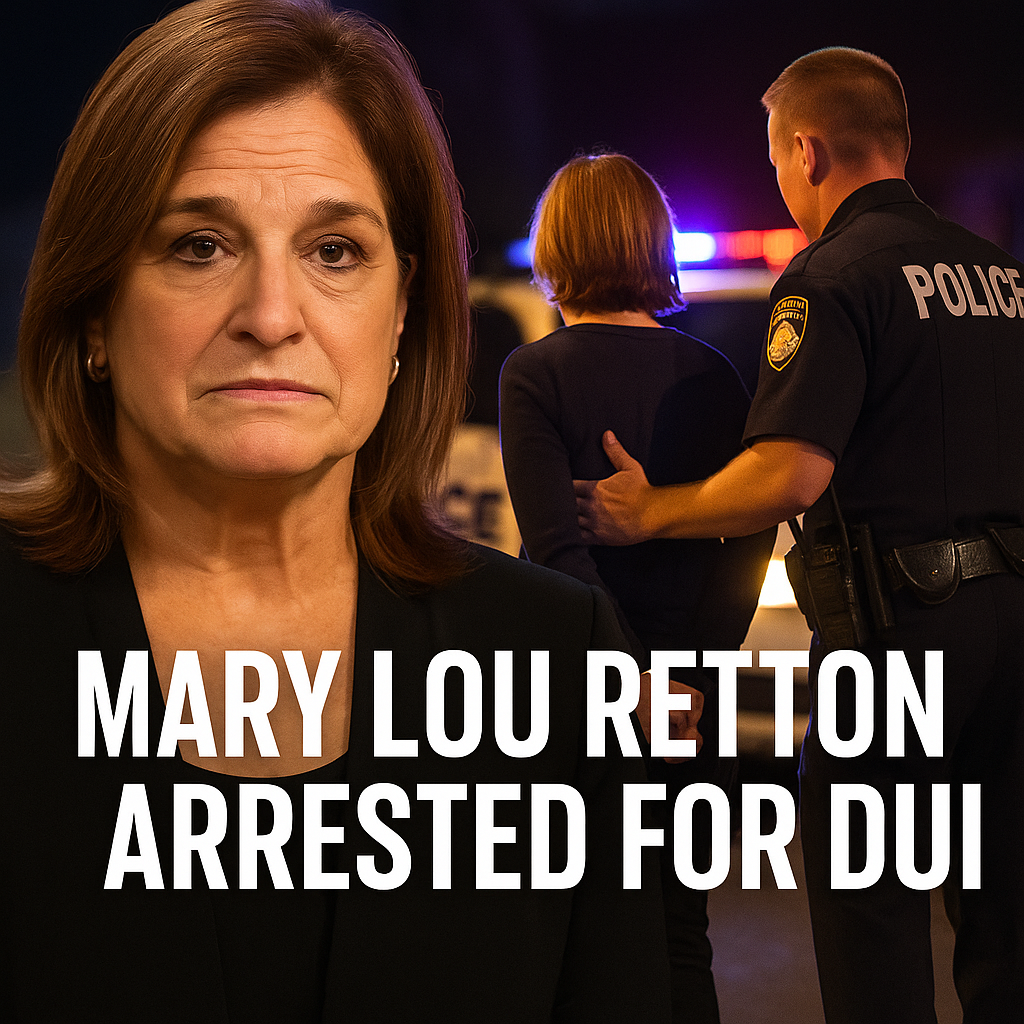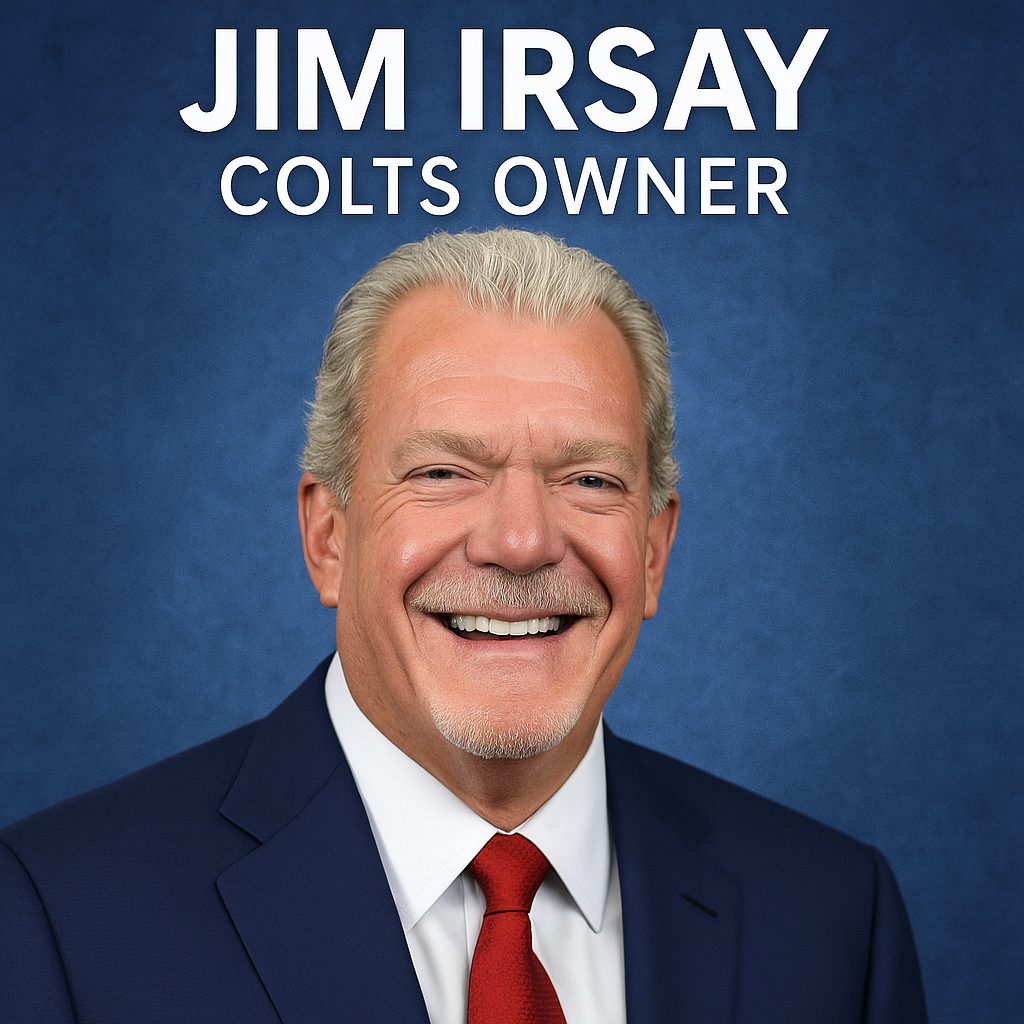In a move celebrated by fans and artists alike, global superstar Taylor Swift has officially regained ownership of her master recordings. The news confirms that Taylor Swift buys back her music catalog from Scooter Braun’s former control, marking the culmination of a highly publicised, years-long battle for artistic ownership that reshaped industry conversations.
This landmark achievement signifies more than just a business transaction; it represents a significant victory for artist rights and Swift’s determination to control her creative legacy. The saga, which began in 2019, captivated the music world and highlighted the complex issues surrounding master recordings and artist contracts.
The Sale That Sparked a Feud
The controversy ignited in June 2019 when Scooter Braun’s Ithaca Holdings acquired Big Machine Label Group (BMLG), Taylor Swift’s former record label. This $300 million deal included the master recordings of Swift’s first six studio albums, from her 2006 self-titled debut to 2017’s “Reputation.” Swift publicly condemned the sale, stating she was blindsided and describing Braun as a manipulative bully, citing past conflicts.
Losing control over her life’s work was a devastating blow for Swift. The master recordings represent the official original sound recordings of her songs, and owning them grants control over licensing for use in films, commercials, and other media, as well as sales and streaming revenue.
Reclaiming Her Narrative: The Taylor’s Version Project
Denied the opportunity to purchase her masters directly under terms she found acceptable, Swift embarked on an unprecedented and ambitious strategy: re-recording her entire back catalog. This initiative, branded as “Taylor’s Version,” aimed to create new master recordings that she would fully own, thereby devaluing the original masters held by Braun’s company and later sold to private equity firm Shamrock Capital in 2020.
The “Taylor’s Version” project proved immensely successful. Albums like “Fearless (Taylor’s Version) Red (Taylor’s Version) Speak Now (Taylor’s Version) and 1989 (Taylor’s Version) topped charts worldwide, broke streaming records, and earned critical acclaim. Fans overwhelmingly supported Swift’s endeavor, choosing to stream and purchase the re-recorded versions over the originals.
Victory: How Taylor Swift Buys Back Her Music Catalog
On Friday, May 30, 2025, reports confirmed the news fans had long hoped for: Taylor Swift buys back her music catalog from Scooter Braun’s initial acquisition lineage. While the exact financial details remain private, sources indicate Swift successfully negotiated a deal, likely with Shamrock Capital, to re-acquire the original master recordings of her first six albums.
This means Taylor Swift now owns her entire music catalog – both the original masters and her successful “Taylor’s Version” re-recordings. This complete ownership grants her full control over her artistic output from the beginning of her career.
The success of the “Taylor’s Version” project likely played a crucial role, significantly diminishing the market value of the original masters and strengthening Swift’s negotiating position. It was a strategic masterstroke that ultimately led to her regaining control.
Industry Reactions and Braun’s Response
The news that Taylor Swift buys back her music catalog from Scooter Braun’s former control has drawn widespread praise from artists, industry figures, and fans, who view it as a triumph for creative control. Many see it as a testament to Swift’s business acumen and resilience.
Scooter Braun, who retired from music management earlier in 2025, reacted positively to the news. In a statement provided to Us Weekly, Braun said, “I am happy for her,” indicating a potential end to the public animosity surrounding the catalog dispute.
The Significance of Owning Her Masters
This victory is monumental. For Taylor Swift, it means securing her artistic legacy and having complete authority over how her earliest and most formative works are used and monetized. It closes a painful chapter defined by a loss of control and public conflict.
More broadly, Swift’s fight has illuminated the importance of artists understanding their contracts and advocating for ownership of their work. Her journey has inspired many other artists to seek greater control over their intellectual property and has potentially shifted industry norms regarding master recordings.
Conclusion: A New Era for Taylor Swift
The confirmation that Taylor Swift buys back her music catalog from Scooter Braun’s previous ownership marks the end of a defining struggle in her career. Through strategic re-recordings and unwavering determination, she has not only reclaimed her past work but also set a powerful precedent for artist rights in the music industry. Owning her entire catalog solidifies her position as one of the most influential and powerful figures in global entertainment, fully in command of her past, present, and future.














